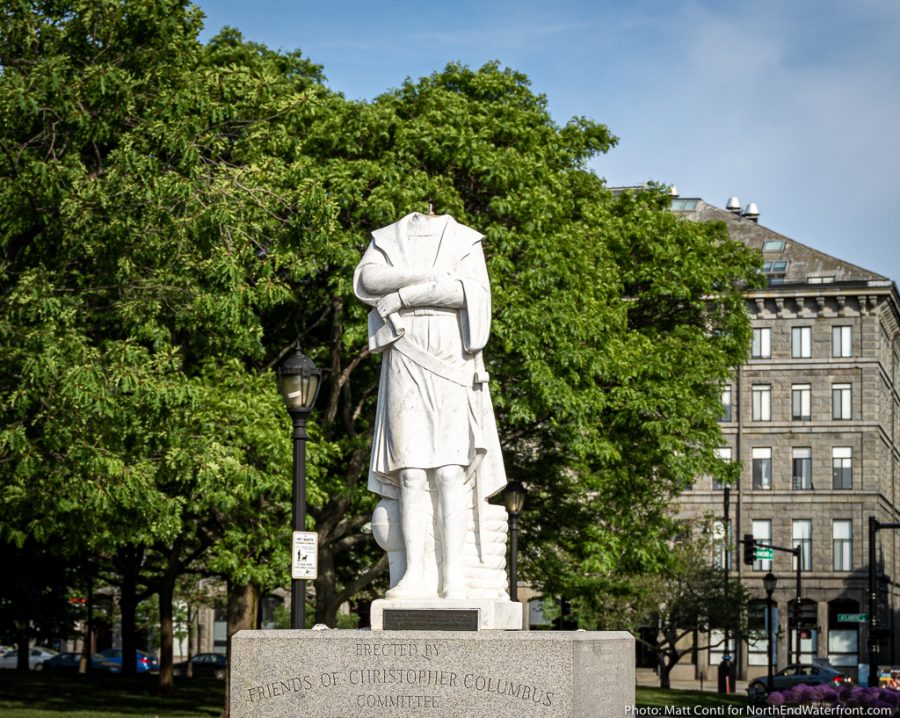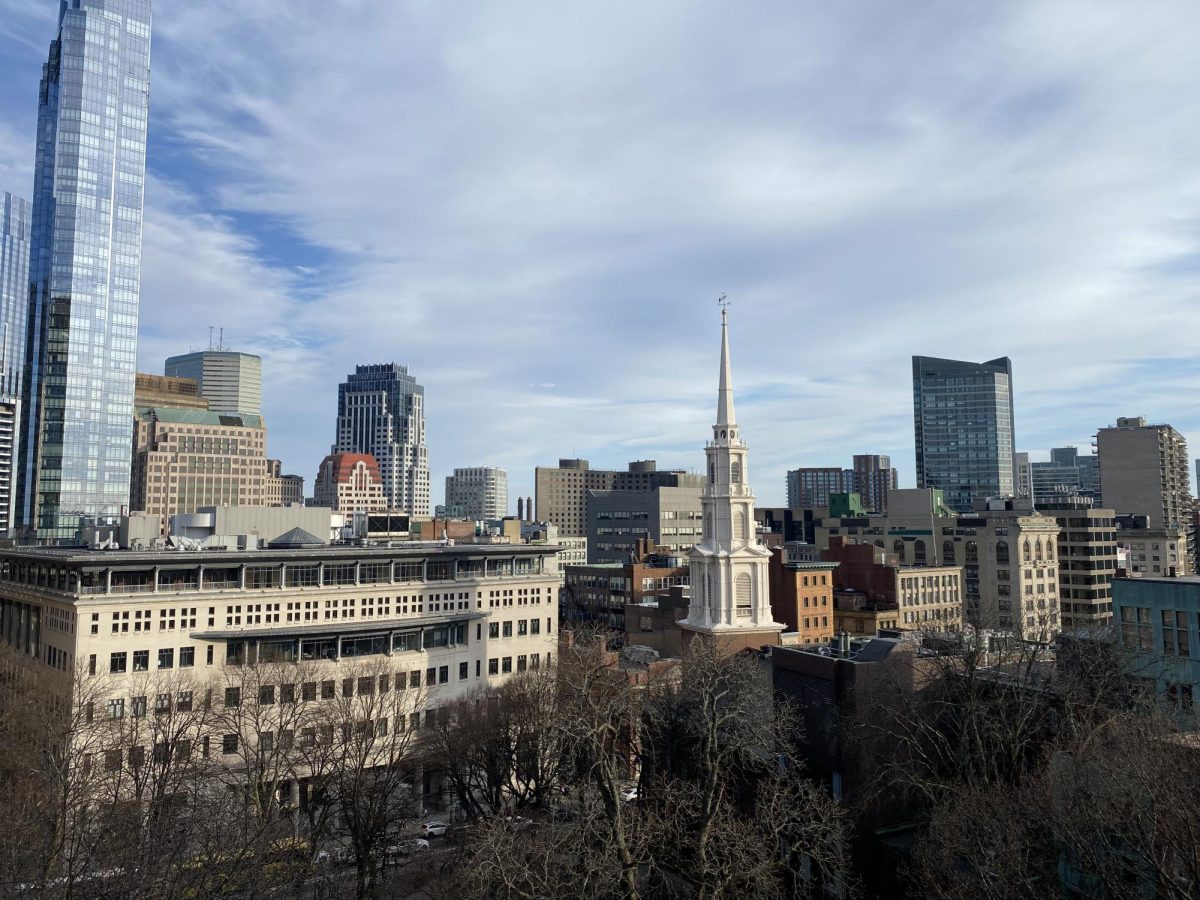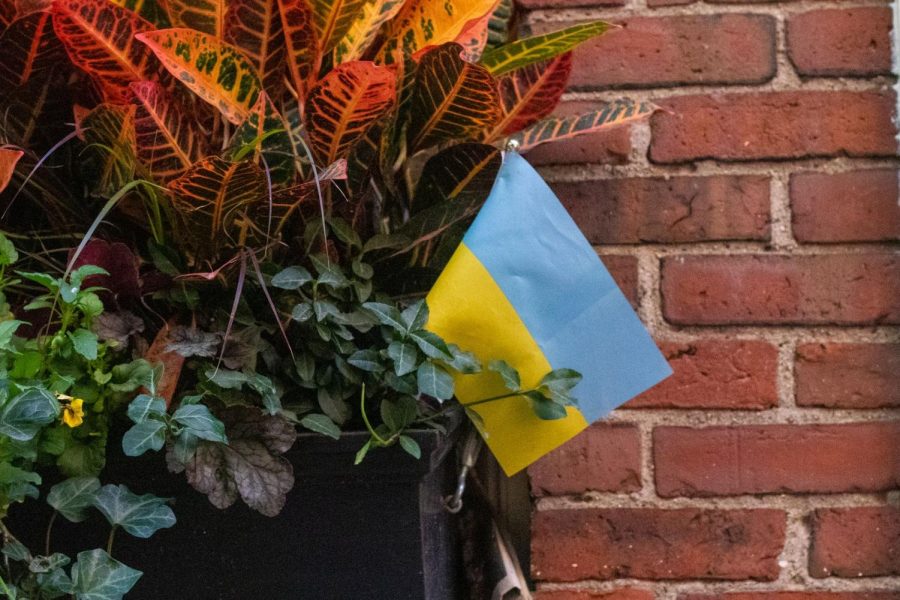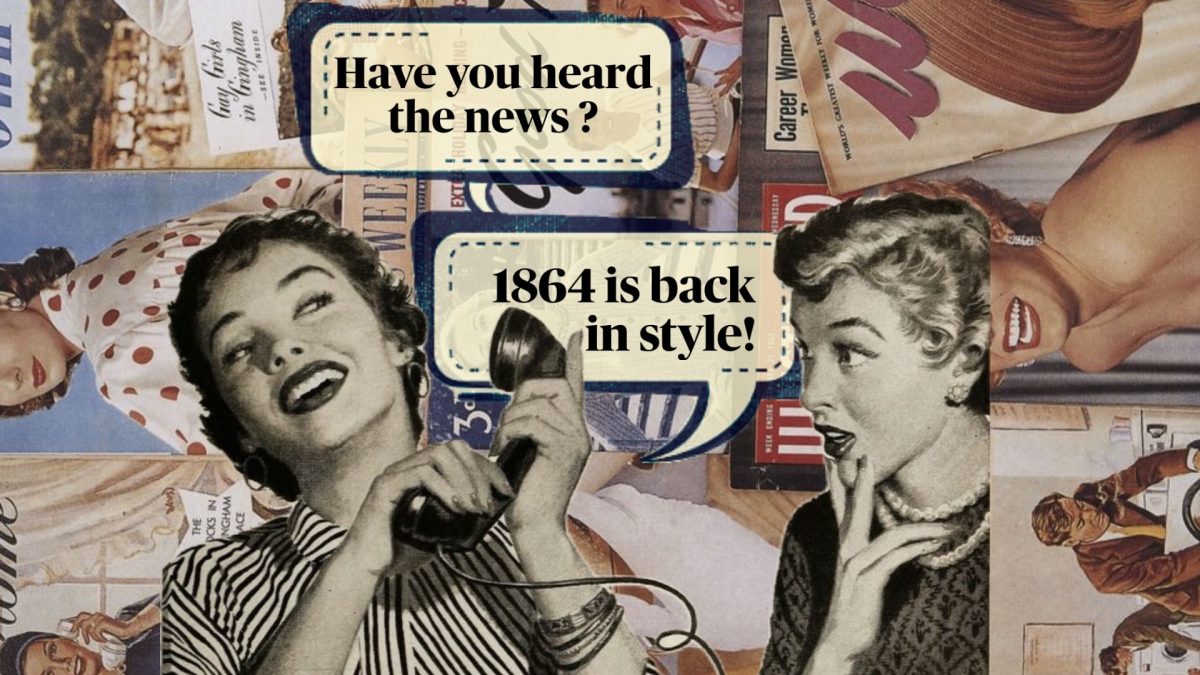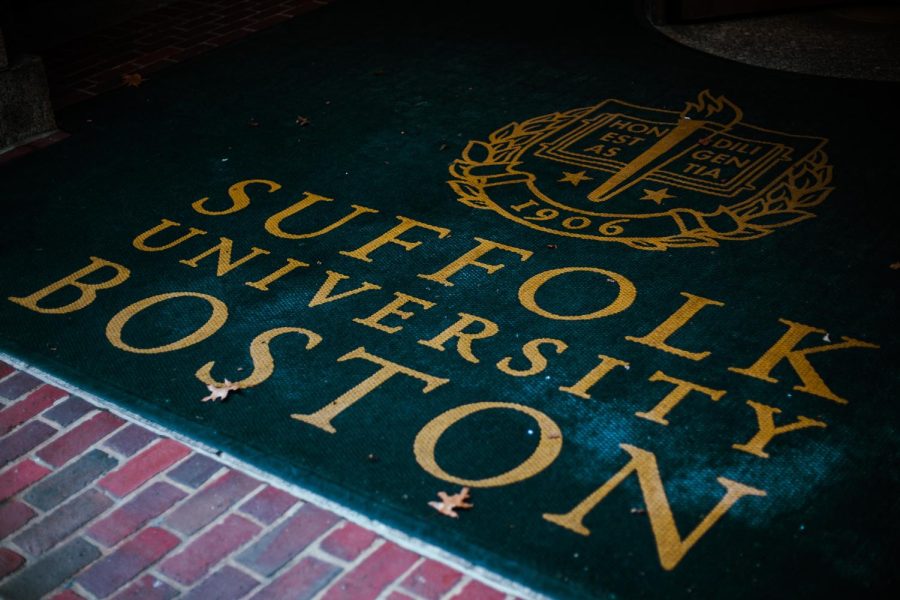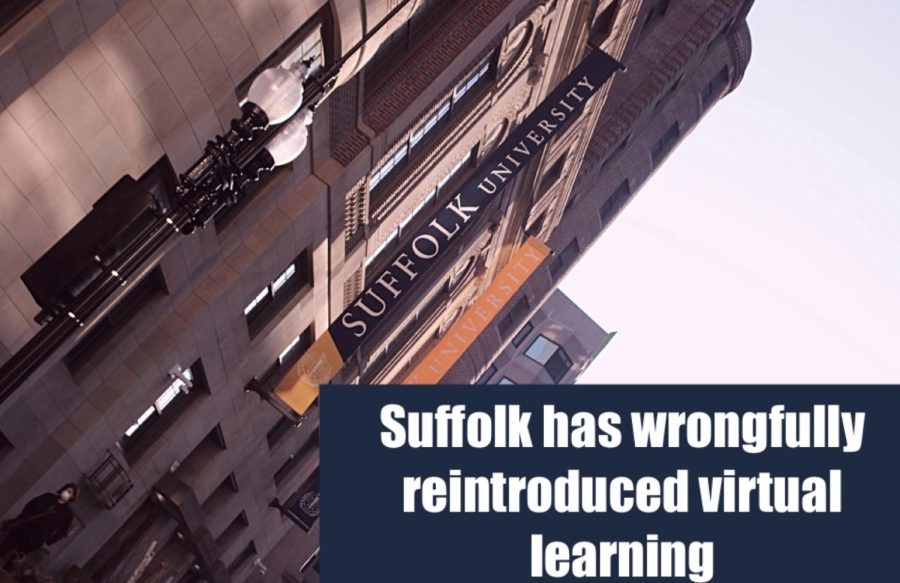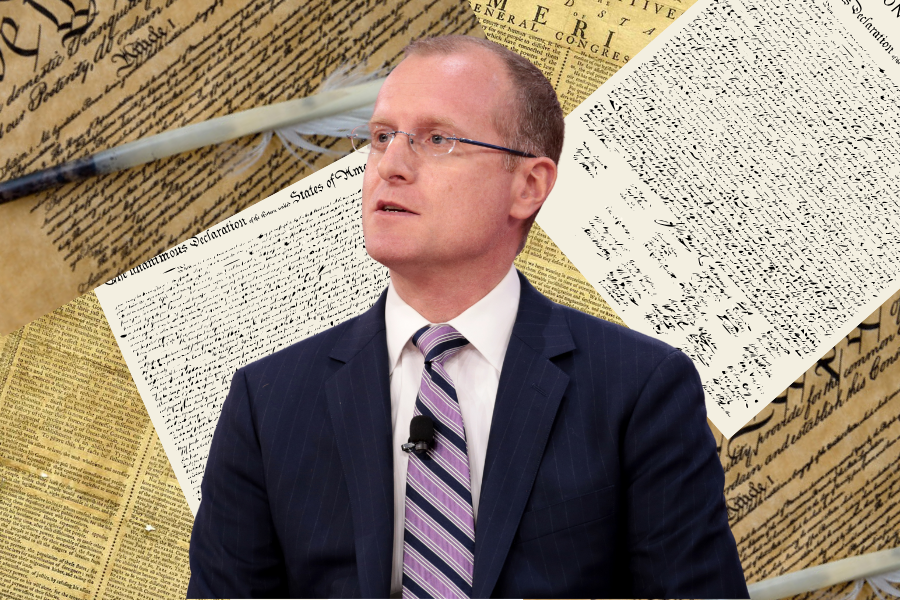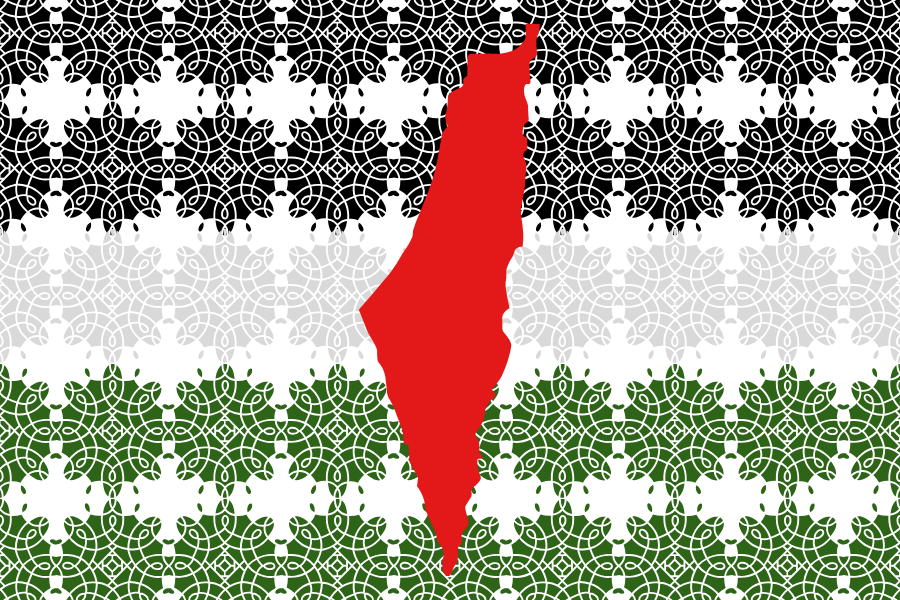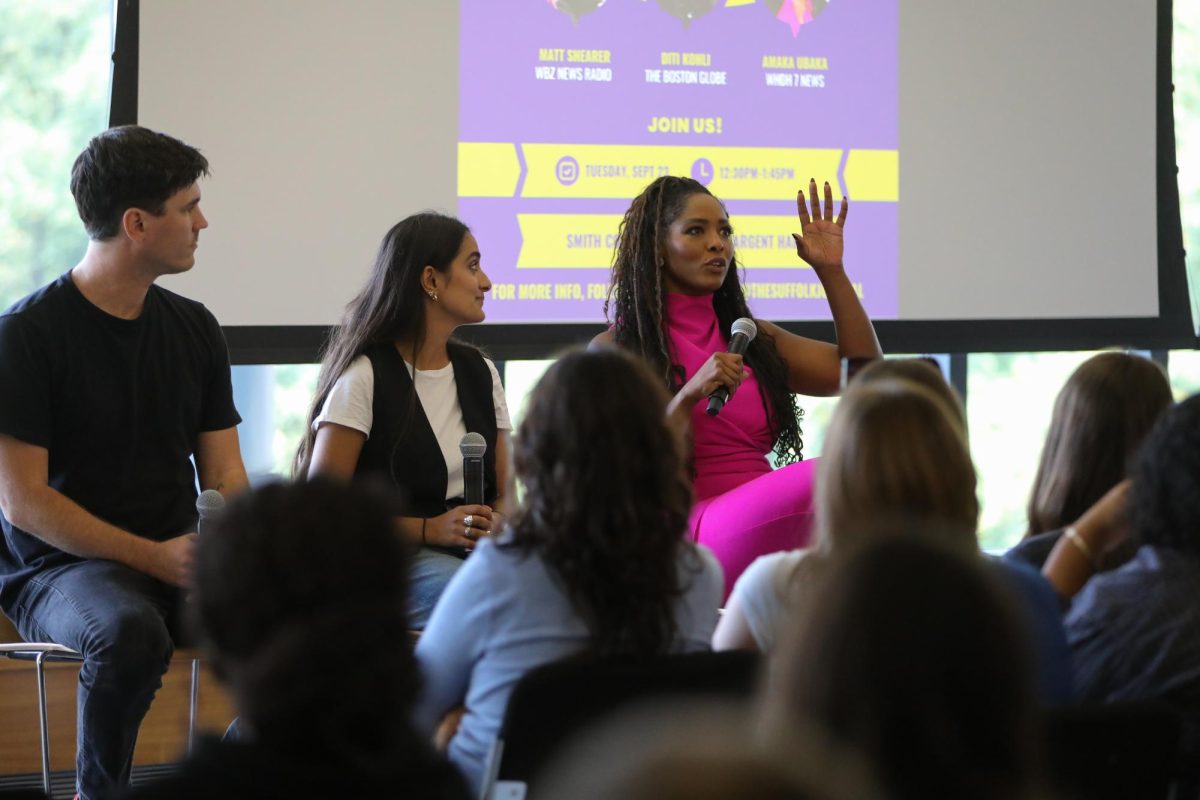While Massachusetts is well known across the country for its history, the lack of representation and recognition of Native Americans, as well as their contributions to the state, is a subject that often goes unnoticed.
This past Columbus Day, which is now becoming recognized as Indigenous Peoples’ Day, resurfaced an important discussion in Massachusetts. Following the wave of protests for racial equality this summer, the Christopher Columbus statue in Boston’s North End was vandalized out of protest against the glorification of Columbus, who invaded and oppressed Native Americans.
According to the Boston Globe, Boston’s mayor, Marty Walsh, issued a statement saying that the city would remove the statue and “take time to assess its historic meaning.” Many residents of Massachusetts have been debating what to replace the statue with, since the lack of statues and memorials dedicated to Native Americans in the Bay State is a discussion that has been circling around Boston.
According to the History of Massachusetts, Massachusetts is often referred to as the “birthplace of the American Revolution.” It is the sight of many important uprisings against British colonial rule, as well as the home of numerous significant political and military figures from the Revolutionary War. American history has deep roots in this state, and it is the location of one of the first European settlements in America, boasting many of the nation’s oldest cities and towns.
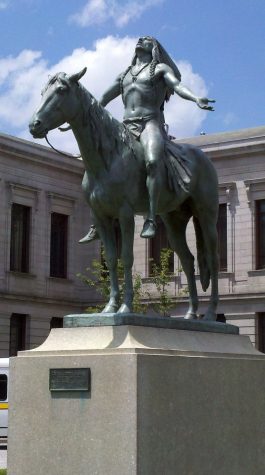
Tourists are attracted to Massachusetts for this history. However, the vast majority of these memorials and monuments are dedicated to Europeans or European-Americans, with very little dedicated to Native Americans, especially specific notable individuals of Native American descent. While there are a handful of memorials honoring Native Americans across Massachusetts, they only make up a small fraction of monuments in the state.
The history of the indigenous peoples of Massachusetts, as well as their legacy and contributions, often gets little attention by tourists and residents alike. Native Americans left a great impact on the state, and this needs to be brought to public attention.
The lack of Native American representation in Massachusetts is particularly baffling, given the numerous memorials to other key historical figures, as well as the various Native American names and imagery used across the state. This includes the name of the state itself and the depiction of a Native American person on its official seal.
Inside the Massachusetts State House, tourists can find statues and paintings of white men, white women and even people of color from non-native communities. However, there are no memorials or pieces of artwork dedicated to Native Americans.
According to the MA Sec. of State website, there were many Native American tribes living in what is now the state of Massachusetts. These included the Massachusett, Mahican, Agawam, Woronock, Nonotuck, Pocumtuck, Squagheag, Penacook, Mashpee, Nauset, Nipmuc and Wampanoag tribes. Prior to the arrival of Europeans, these tribes inhabited the coasts, woodlands and hills of New England.
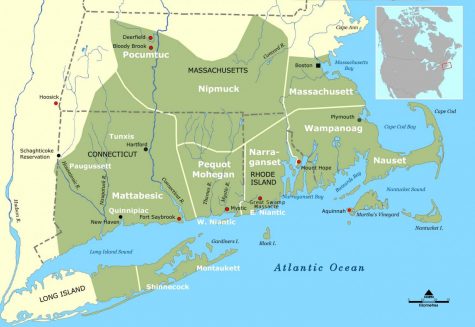
They thrived living off of the local surplus of fish and game. They had also developed their own unique farming techniques and grew various crops such as corn, beans and squash. Additionally, they constructed dwellings such as longhouses and wigwams and used canoes to navigate the waterways and coastline. These innovations in agriculture and technology proved to be vital to the newly arriving European settlers’ survival.
Initially, relations between the Europeans and Native Americans were good, as they treated each other with mutual respect. However, as more and more settlers arrived from Europe, they began to establish colonies with their own governments and religion.
This marked the beginning of a long period of hostility of Europeans towards the Native Americans, including various land claims, battles, spread of disease, forced resettlement westards and forced conversions to Christianity, taking a great toll on not only the population but the history and culture of the Native Americans.
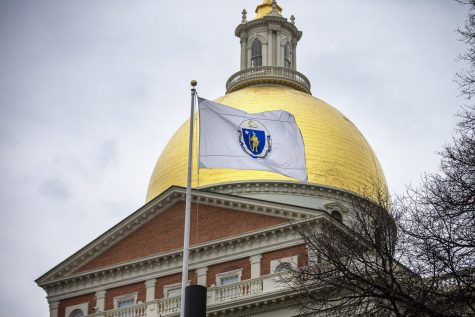
According to the Massachusetts Center for Native American Awareness, had it not been for the Native Americans’ contributions to agriculture, technology and survival, the European settlers would have never been able to survive the early years in the country and build what is now become the state of Massachusetts.
The people of Massachusetts owe a great deal to indigenous peoples, and it would greatly benefit the community’s representation to have more statues, monuments, memorials and works of art dedicated to the Native Americans of Massachusetts, given the many names and ideas Massachusetts has acquired from them.
Many Bay State residents believe that the time has come to not only associate Massachusetts with Hancock, Adams, Franklin, and Revere, but with Samoset, Squanto, Massasoit and Metacomet, as well.


